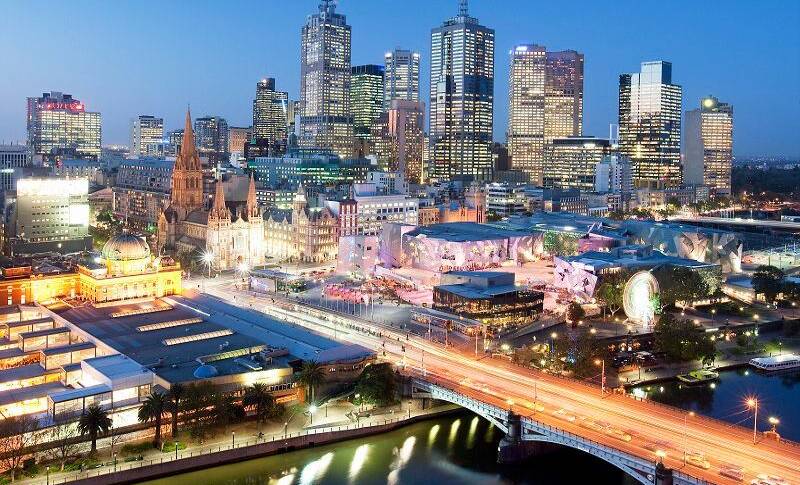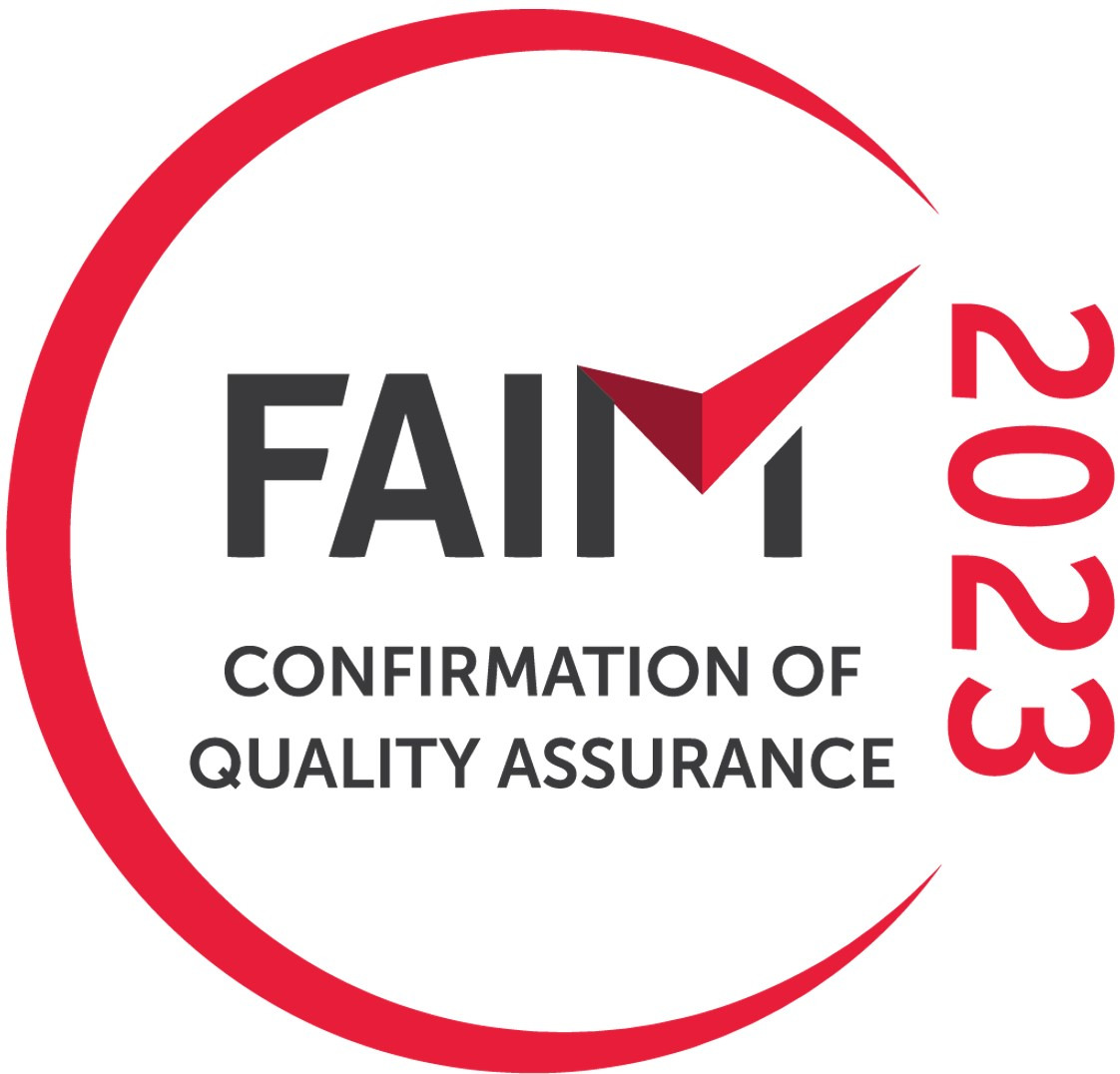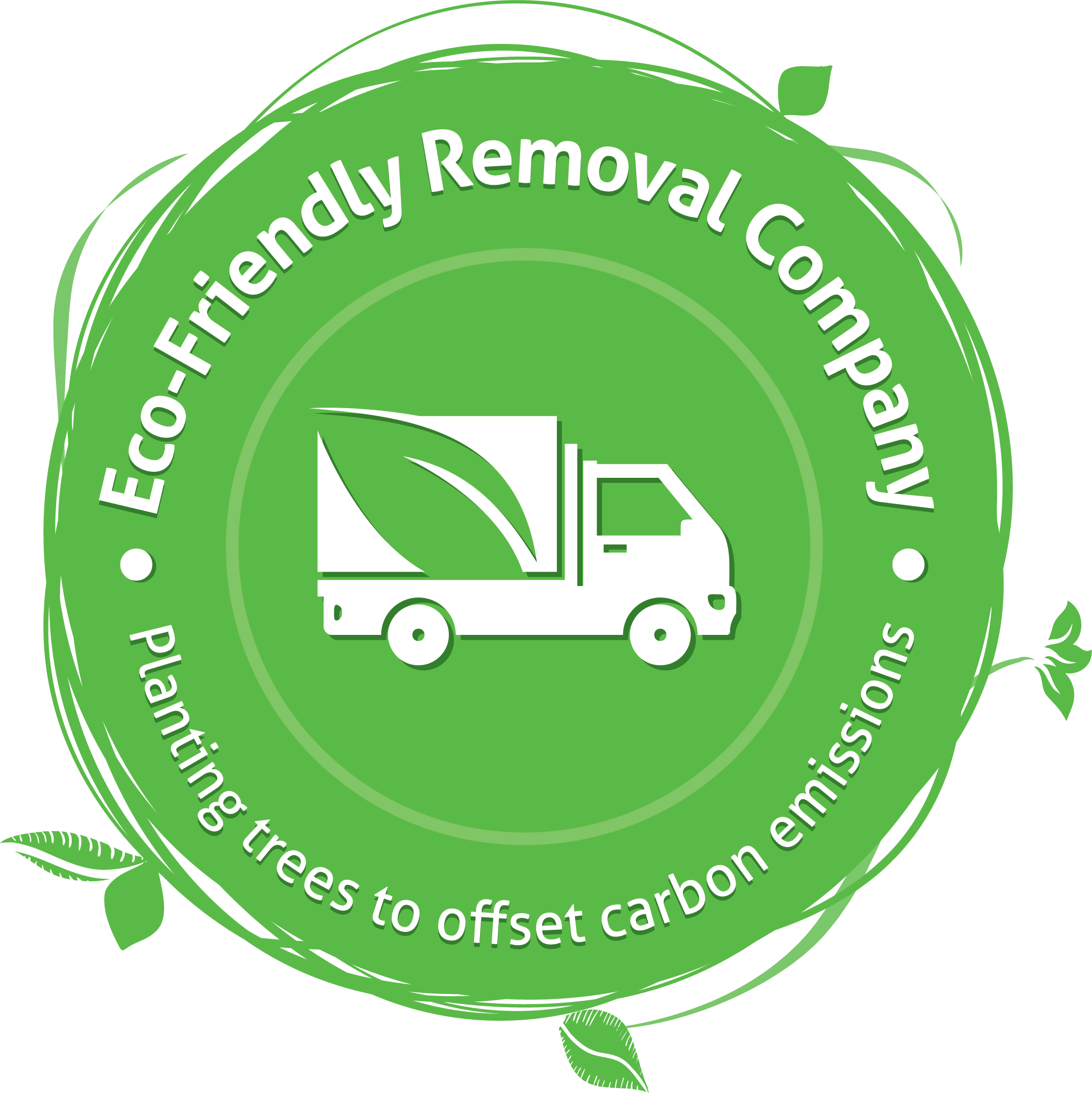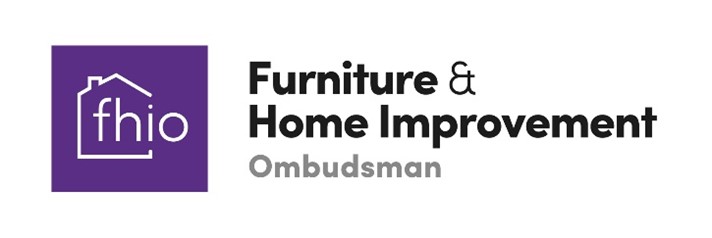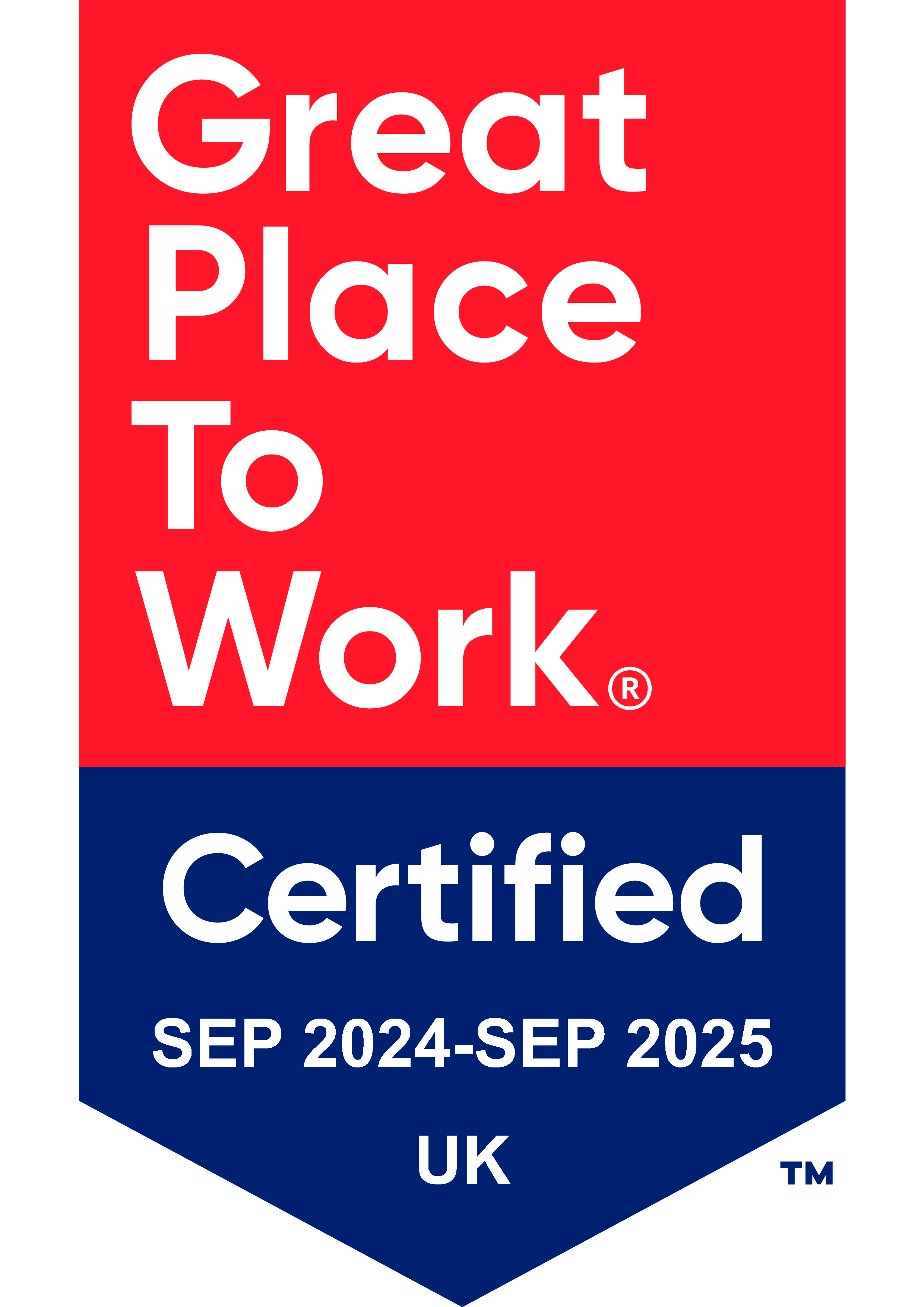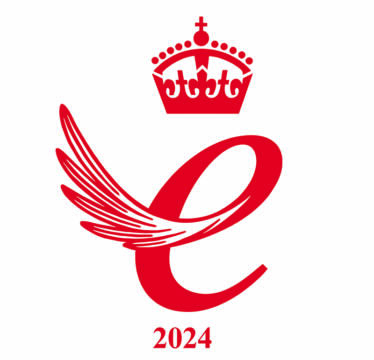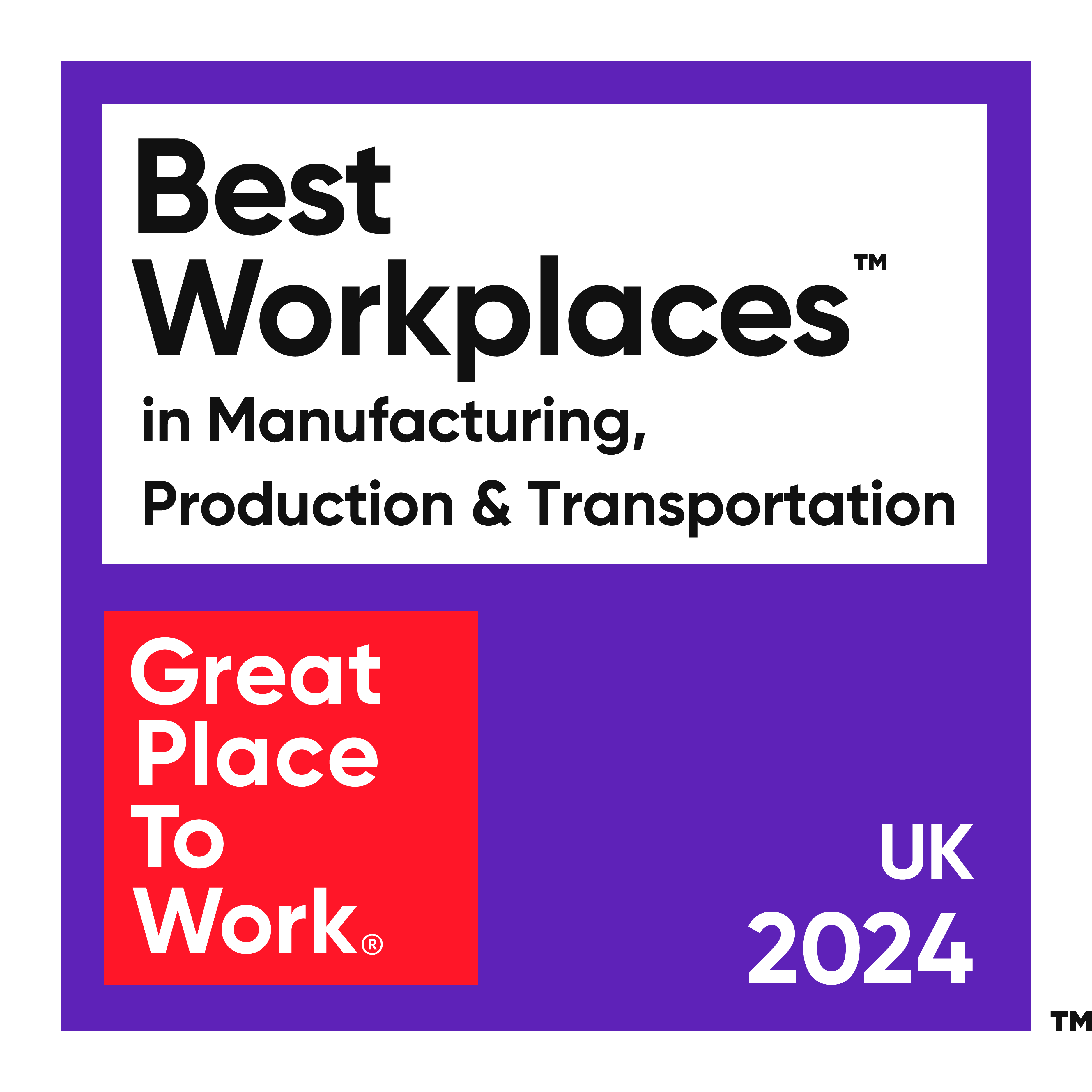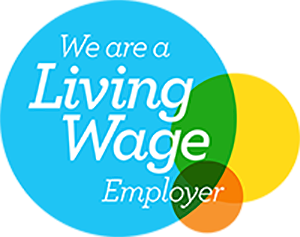With a strong economy, diverse job market and high quality of life, it’s no surprise many people from around the world want to live and work in Melbourne. In this article, we will look at the advantages of making Melbourne your new home and some of the job opportunities available to expats.
Here’s what we’ll cover
Reasons to Move to Melbourne
Melbourne is a popular place for those moving to Australia to make their home. A cultural hub, Melbourne has a lot to offer. The sports capital of Australia, Melbourne is ideal for those who love an active lifestyle. It’s a unique place that combines vibrant city living with beach life, giving it a charm all of its own.
Whilst moving to Melbourne is an incredibly exciting thought, it of course needs careful consideration. Take a look at some reasons you should consider a move to Melbourne.
Cultural Diversity
Melbourne has a well-known cosmopolitan setting of different people coming together to form a panache of cultures. You can walk down almost any street in Melbourne and hear a mix of languages being spoken. There are so many options in terms of food, shopping and events to choose from. This mixture of cultural diversity can make it easy to feel at home on arrival, as well as opening you up to new experiences.
Artistic Hub
Melbourne is steeped in arts and culture. The city is full of art galleries, theatres, music venues, and street art that redefine the local talent and showcase international masterpieces. From iconic street art laneways in the city centre to lively festivals that celebrate film, music, and comedy all year round, there’s always something happening in Melbourne on the arts front.
Australia’s Sports Capital
Melburnians are forever impassioned about their sports, and it is in this city that those larger-than-life and iconic sporting events take place. From cricket matches during the summer months, to Australian Rules football during the winter, as well as the Formula 1 Grand Prix and Melbourne Cup horse racing; there’s something for every sport lover in Melbourne. There are also plenty of facilities and outdoor spaces for you to get involved in sports yourself.
Social Support for Migrants
Moving to a new country can be daunting, but Melbourne is known for its welcoming nature towards migrants. There are a lot of support services and community networks that can help in your settling process and bring you closer to others sharing similar experiences.
Living in Melbourne
Cost of living
Cost of living is one of the first things to consider when thinking about a move to Melbourne. The city undoubtedly offers a high standard of living with excellent job opportunities, but it does come with related costs.
Housing costs can vary depending on the suburb. Inner suburbs such as Carlton, Fitzroy, and South Yarra, which are in close proximity to the central business district, will be more expensive for both rentals and home sales. Housing can also be more expensive in areas like Hawthorn and Kew because of their proximity to good schools and parks.
In terms of living costs, public transport prices are reasonable. Groceries and the cost of eating out are similar to other major Australian cities. Whilst this may be higher than in the UK, due to higher wages, people tend to have more disposable income resulting in a net better quality of life.
Best Areas to Live in Melbourne
The area you live in can greatly influence your experience in Melbourne. We have a closer look at the best areas for different lifestyles and tastes.
Inner City Living
In case you are among such energetic souls, at their best surrounded by heaps of action, then here are some lively, crowded suburbs in the inner city of Melbourne:
- o Fitzroy: One of Melbourne’s inner-city precincts, Fitzroy is known for its penchant for the arts and a lively, exuberant nightlife—just the spot for young professionals or creatives. This pocket of Melbourne comes with trendy cafés, street art, and boutique shops sprinkled around.
- o Southbank: Offers luxurious convenience with high-rise flats that enjoy brilliant views over the Yarra River and houses some of the best dining and cultural institutions in Melbourne.
- o Docklands: This area presents the ultimate in modern waterfront living, the Docklands is a popular haven for professionals working in the city.
Suburban Areas: Family Friendly
The suburban areas of Melbourne are great for families desiring a safe environment to raise their children.
- o Hawthorn: With some of the finest schools found in Melbourne, represents an excellent area. With beautiful parks, Hawthorn is the perfect combination of suburban and city living.
- o Kew: Home to one of the finest private schools in the country and with plenty of open spaces, Kew is a great area for those with children.
- o Brighton: boasting a laid-back lifestyle overlooking the beach, Brighton has magnificent views down the coast, great schools, and community spirit.
Multicultural Hubs
If you want diversity and life pulsating with community spirit, consider:
- o Brunswick: This pocket of multiculturalism has its history, dining culture, and community activities that will surprise and delight.
- o Footscray: offers a mix of cultures through its international food, various markets, and festivals.
Housing Options
Melbourne has a diverse range of housing options, from flats in the city centre to spacious suburban homes. The cost of buying or renting a property will depend on factors such as location, size, and amenities.
It’s advisable to research different neighbourhoods and consider your budget before deciding on the most suitable area for you.
Transport and Amenities
Melbourne boasts an extensive public transportation network that makes getting around the city convenient and efficient. Before relocating, it’s worth familiarising yourself with the different transportation options available:
- o Trains: Melbourne has an extensive train network that connects various suburbs and neighbouring towns. The trains run frequently and are a popular mode of transport for commuters.
- o Trams: Trams are an iconic part of Melbourne’s public transport system. They operate within designated zones in the city centre and provide easy access to shopping precincts, restaurants, and cultural attractions.
- o Buses: Buses serve areas that are not covered by trains or trams. They are a reliable means of transportation, especially in the outer suburbs.
- o Cycling: Melbourne has an extensive network of cycling paths and bike lanes, making it a bike-friendly city. Cycling is a popular mode of transport for short distances and provides a healthy and environmentally friendly way to explore the city.
Advantages and Disadvantages of Living in Melbourne
If you’re thinking about moving to Melbourne, it’s important to weigh up all of the facts to decide if it’s the right fit for you. There are advantages and disadvantages to every place, whether it works for you will depend on your priorities.
Advantages
- o High Standard of Living: Melbourne has a lot to offer in terms of quality of life. There’s always something happening, whether it’s art exhibitions, music festivals, or food markets. Plus, you’ll never run out of dining options with its diverse culinary scene. Salaries tend to be higher than in the UK, with plenty of job opportunities and a range of desirable living locations.
- o Safety Measures: One thing that sets Melbourne apart is its reputation for being safe. With low crime rates, you can feel secure walking around the city even at night.
Disadvantages
- o Cost of Living: Melbourne can be expensive. From rent to groceries to transportation, the prices here might be higher compared to other cities in Australia. With higher salaries however, some of these costs may be offset.
- o Traffic Congestion: Just like any other big city, traffic can get pretty bad during rush hour. If you’re planning on commuting by car, be prepared for delays. Luckily there are many public transport options that make getting around the city easy.
- o Unpredictable Weather Conditions: Melbourne is famous for its ever-changing weather. It’s not uncommon to experience all four seasons in a single day. This can be quite an adjustment if you’re used to more stable climates.
Related blog posts: Living in Australia
Working in Melbourne
Job Opportunities in Melbourne
Melbourne’s strong and vibrant economy makes it a hot destination for jobseekers, both locally and internationally. With its many industries and growing sectors, the city has plenty of jobs across many fields. Here are some key points to consider:
- Melbourne has a growing economy, so it’s a great place to be a jobseeker. The Gross Regional Product (GRP) of Melbourne is around $369 billion, which is a big chunk of Australia’s economy.
- The city has a low unemployment rate, so there are plenty of jobs for skilled professionals.
- Melbourne’s economy is stable, making it a great place for career growth and financial security.
In-Demand Jobs
| IT Industry | o Software Developer o Data Scientist o Cybersecurity Analyst |
| Healthcare and Biotechnology | o Medical Researcher o Nurse Practitioner o Pharmaceutical o Sales Representative |
| Financial Services | o Financial Analyst o Investment Banker o Accountant |
| Education | o Lecturer o English as a Second Language (ESL) Teacher o Education Consultant |
| Construction and Infrastructure | o Civil Engineer o Project Manager o Site Supervisor |
Job Search Strategies
The following are strategies to find work in Melbourne:
- o Networking: Industry events and professional associations.
- o Online Job Portals: Seek, Indeed, and LinkedIn.
- o Recruitment Agencies: Get listed with recruitment agencies dealing in your sector.
- o Career Pages of Companies: Get into companies’ career pages directly.
Work Culture
The work culture in Melbourne has a perfect blend of professionalism and flexibility. Many companies give options such as flexible working hours, working from home, or other remote workplaces and focus much on work-life balance.
It has created a collaborative and inclusive workplace that makes the environment innovative and satisfying for employees.
Relocation Tips
Preparing for the Move
The key to a smooth relocation to Melbourne lies in planning ahead or having a moving overseas checklist. You should begin the process by researching and securing your visa and getting any necessary paperwork in order. It might also be a good idea to visit Melbourne in the run up to your move to get a feel for the different neighbourhoods and types of housing available.You might also want to connect with potential employers while visiting if you’ve not already secured a role.
Packing and transporting your belongings
Before your move to Melbourne, you should think about how you are going to transport your belongings to your new home. Try creating a packing checklist, being mindful of what you can and can’t take into Australia with you. Think about whether you are going to pay for your belongings to be flown over (the most expensive option), or whether you will use a more affordable option such as groupage shipping.
Settling in
Once in Melbourne, make the most of available services and support arrangements for settling in. You might want to join some community groups, or start some new hobbies to meet like minded people. There are also numerous support services to help you access healthcare and apply for your children’s admission to school if required.
How John Mason can Help
At John Mason, we understand that moving to a new city can be both exciting and overwhelming. We make your move to Melbourne as easy as possible.
With our ability to customise a relocation package to meet your unique needs, we provide comprehensive moving services. Some of these services will include:
For more information surrounding our International removals to Melbourne, be sure to get in touch with our team.
FAQ
That would depend on your field and experience. Melbourne has a strong, stable economy, with low unemployment rates and offers opportunities in nearly all fields. However, those who possess skills in in-demand areas are more likely to secure work. It can be advantageous to research in-demand skills and tailor your CV to highlight this for the Australian market.
Beach-side areas such as Bayside, which contains suburbs including Brighton, Beaumaris, and Sandringham. Many Brits also choose to live in the Mornington Peninsula, in suburbs including Mount Eliza, Mount Martha, and Mornington. Other localities with a strong British presence include Banyule, comprising Bundoora, Heidelberg, and Ivanhoe.
The “best” area depends on your lifestyle preference. Take into consideration things like proximity to work, access to facilities, budget, and atmosphere wanted.
Explore areas like the CBD for inner-city living and vibrancy, inner suburbs like Fitzroy or Collingwood for that hipster vibe, or beachside suburbs for a more relaxed lifestyle.

